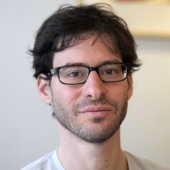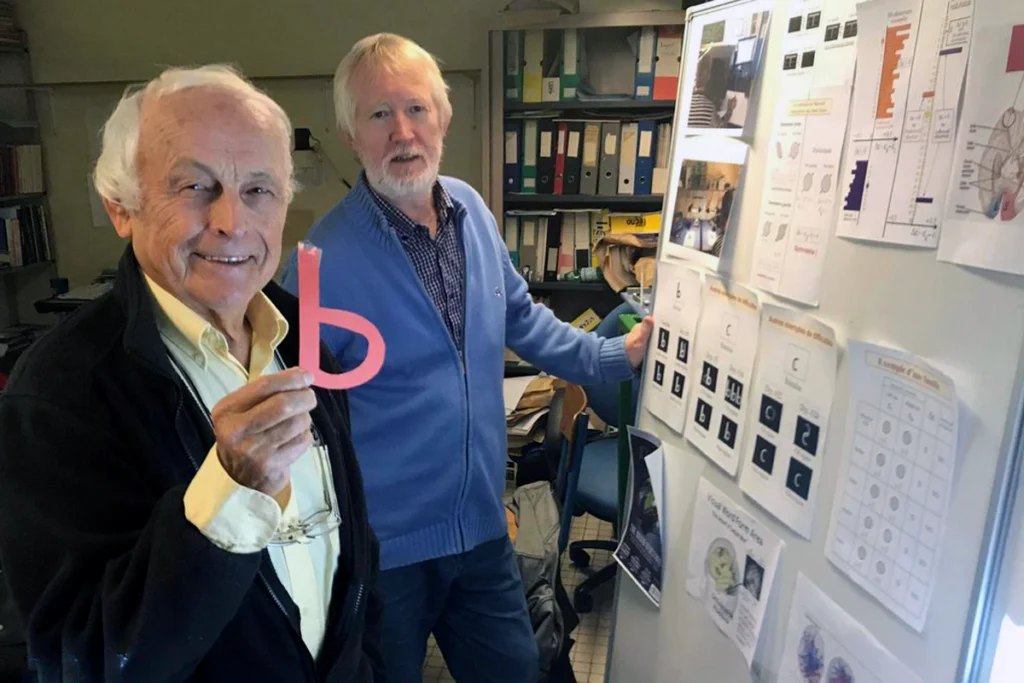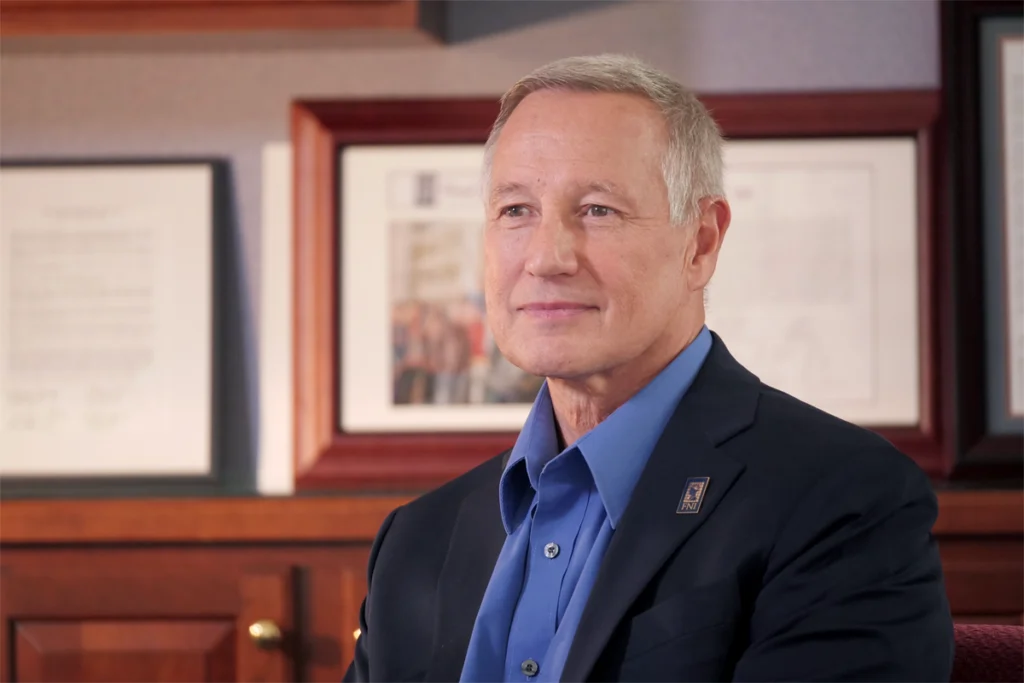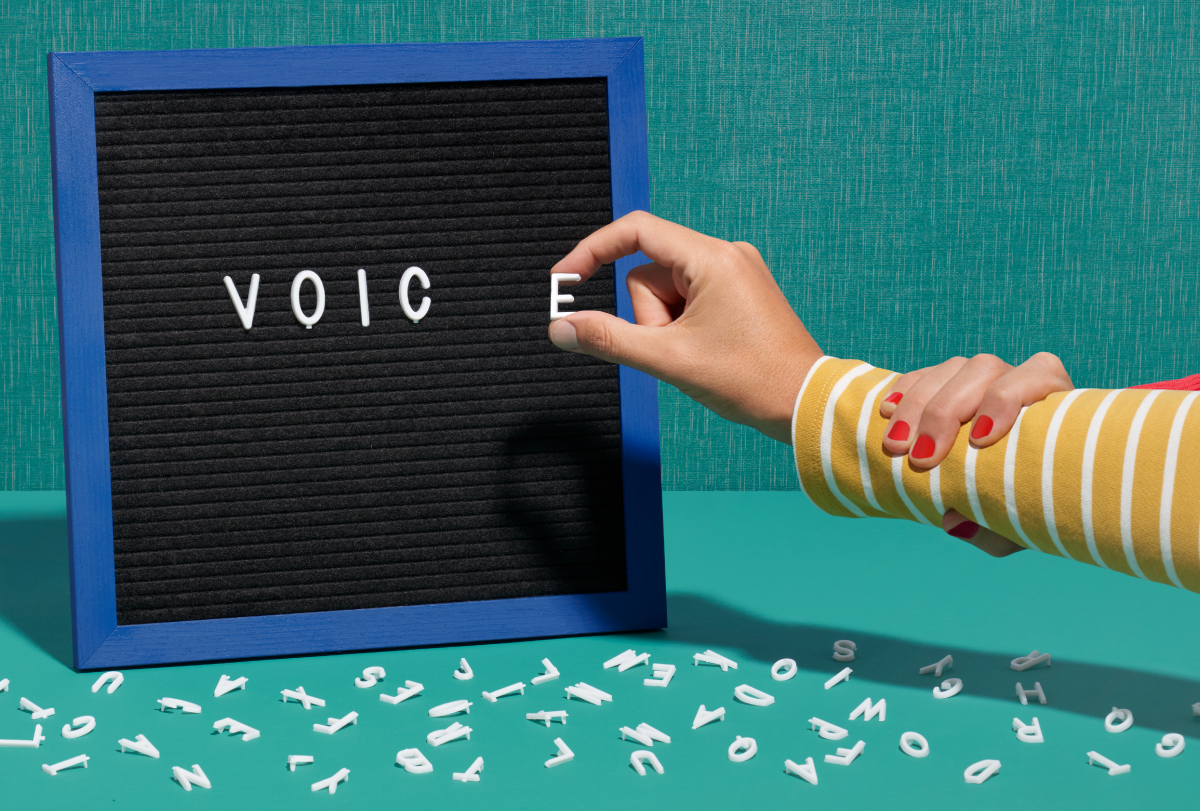Brendan Borrell is a freelance journalist based in Los Angeles, California. His stories have appeared in The Atlantic, The New York Times, Bloomberg Businessweek, Outside, National Geographic and many other publications. He is the author of “The First Shots: The Epic Rivalries and Heroic Science Behind the Race to the Coronavirus Vaccine,” and he has a Ph.D. in integrative biology from the University of California, Berkeley.

Brendan Borrell
Contributing writer
From this contributor
Former Columbia University psychiatrist committed research misconduct, says federal watchdog
Bret Rutherford, whose research was halted following a suicide in a clinical trial, falsely reported participant eligibility, according to the U.S. Office of Research Integrity.

Former Columbia University psychiatrist committed research misconduct, says federal watchdog
FDA describes ‘objectionable conditions’ at New York State Psychiatric Institute
The facility’s institutional review board failed to report a 2021 incident and “serious and ongoing noncompliance” by a principal investigator, according to a letter released by the federal agency this week.

FDA describes ‘objectionable conditions’ at New York State Psychiatric Institute
Controversial dyslexia study marred by methodological and ethical problems, researchers say
Subsequent studies have also failed to validate a range of products based on the work.

Controversial dyslexia study marred by methodological and ethical problems, researchers say
After retractions, Alzheimer’s scientist is left cleaning up a prolific collaborator’s mess
A Michigan neuroscientist is working to correct or retract his collaborator’s findings in at least four papers, following a university investigation that has already resulted in two retractions and three corrections.

After retractions, Alzheimer’s scientist is left cleaning up a prolific collaborator’s mess
Debate unfurls over inclusivity and authenticity in research involving minimally verbal autistic people
Autism researchers can’t agree on how far to go to validate the input they gather from minimally verbal autistic people who use certain communication devices.

Debate unfurls over inclusivity and authenticity in research involving minimally verbal autistic people
Explore more from The Transmitter
Developmental delay patterns differ with diagnosis; and more
Here is a roundup of autism-related news and research spotted around the web for the week of 14 April.

Developmental delay patterns differ with diagnosis; and more
Here is a roundup of autism-related news and research spotted around the web for the week of 14 April.
‘Natural Neuroscience: Toward a Systems Neuroscience of Natural Behaviors,’ an excerpt
In his new book, published today, Nachum Ulanovsky calls on the field to embrace naturalistic conditions and move away from overcontrolled experiments.

‘Natural Neuroscience: Toward a Systems Neuroscience of Natural Behaviors,’ an excerpt
In his new book, published today, Nachum Ulanovsky calls on the field to embrace naturalistic conditions and move away from overcontrolled experiments.
Functional MRI can do more than you think
Recent technological advances provide a range of new and different information about brain physiology. But taking full advantage of these gains depends on collaboration between engineers and neuroscientists.

Functional MRI can do more than you think
Recent technological advances provide a range of new and different information about brain physiology. But taking full advantage of these gains depends on collaboration between engineers and neuroscientists.